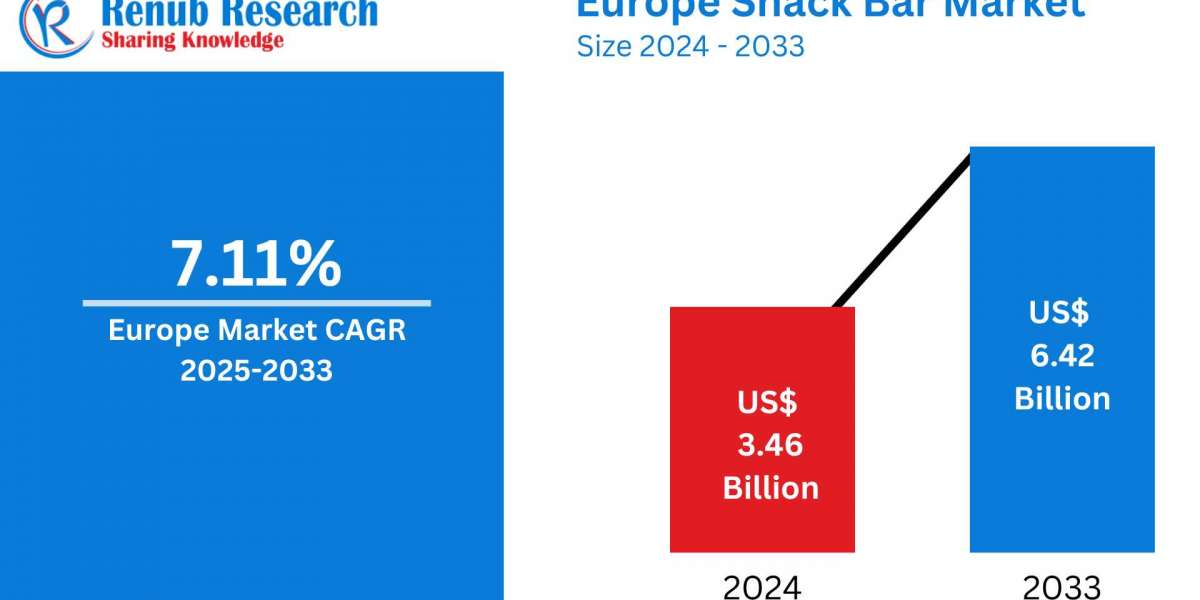Quantum app development is an emerging field that combines the power of quantum computing with mobile and web app development. While quantum computing is still in its early stages, its potential to revolutionize the way we approach data processing and problem-solving is immense. By leveraging quantum principles, quantum app development can deliver faster, more efficient solutions for complex tasks that are currently beyond the reach of classical computers. In this blog, we will explore what quantum app development is, its potential applications, and how it may shape the future of technology.
What is Quantum Computing?
The Basics of Quantum Computing
At its core, quantum computing relies on the principles of quantum mechanics, a branch of physics that deals with the behavior of particles at a subatomic level. Unlike classical computers that use bits to represent data in binary form (0s and 1s), quantum computers use quantum bits, or qubits. Qubits can exist in multiple states simultaneously, thanks to a phenomenon known as superposition. This allows quantum computers to process large amounts of data in parallel, making them potentially much faster and more powerful than classical computers for certain types of tasks.
Another important concept in quantum computing is entanglement, where qubits become linked, and the state of one qubit can instantaneously affect the state of another, regardless of the distance between them. This property opens up possibilities for faster communication and complex calculations that were previously unimaginable.
The Promise of Quantum Computing
Quantum computing holds the promise of solving problems that are too complex for classical computers. For example, quantum computers could revolutionize fields such as cryptography, optimization, artificial intelligence, and drug discovery. These capabilities have led to growing interest in quantum app development, as companies and researchers look to harness the power of quantum computing for real-world applications.
What is Quantum App Development?
The Role of Quantum App Development
Quantum app development involves creating applications that leverage the capabilities of quantum computing to perform tasks more efficiently or solve problems that are difficult for classical computers to handle. Although quantum computing is not yet mainstream, developers are already exploring ways to integrate quantum algorithms into applications to take advantage of this new computing paradigm.
Unlike traditional app development, which relies on classical computing systems, quantum app development requires a deeper understanding of quantum mechanics, quantum algorithms, and specialized programming languages designed for quantum systems. Quantum app development is still in its infancy, but it has the potential to change the way we approach computing, creating faster and more efficient solutions to complex problems.
Quantum Programming Languages and Tools
Quantum app development requires specialized programming languages and tools to write quantum algorithms. Some popular quantum programming languages include:
- Qiskit: A quantum programming framework developed by IBM for creating and running quantum algorithms on IBM’s quantum computers.
- Cirq: A Python library for creating and simulating quantum circuits, developed by Google for use with their quantum processors.
- Quipper: A high-level quantum programming language for building quantum circuits, often used in research.
In addition to these programming languages, developers working on quantum app development also rely on quantum computing platforms like IBM Quantum, Microsoft Azure Quantum, and Google Quantum AI, which provide access to quantum processors for running quantum algorithms and conducting experiments.
Applications of Quantum App Development
Cryptography and Security
Quantum computing has the potential to significantly impact the field of cryptography, which relies on complex mathematical problems that are difficult for classical computers to solve. Quantum computers, however, can solve these problems much faster, which poses both a threat and an opportunity for security systems.
Quantum app development could enable the creation of more secure encryption algorithms that are resistant to quantum-based attacks. Quantum key distribution (QKD) is one such technique that ensures secure communication by using the principles of quantum mechanics to detect eavesdropping attempts. This has profound implications for industries like banking, government, and healthcare, where secure data transmission is critical.
Optimization Problems
Optimization problems involve finding the best solution from a set of possible solutions, often with complex constraints. These problems are common in fields such as logistics, transportation, and finance. Classical computers can struggle with optimization problems as the size and complexity of the problem increase.
Quantum computers, however, can explore multiple solutions simultaneously due to their ability to process information in parallel. Quantum app development can enable the creation of algorithms that solve optimization problems much faster, leading to more efficient solutions for industries that rely on large-scale optimization, such as supply chain management, vehicle routing, and energy distribution.
Artificial Intelligence and Machine Learning
Quantum computing can also accelerate artificial intelligence (AI) and machine learning (ML) by enabling faster data processing and more efficient training of models. Quantum algorithms, such as quantum machine learning (QML), can process vast amounts of data simultaneously, improving the efficiency and accuracy of machine learning models.
Quantum app development can lead to advancements in AI, particularly in areas like pattern recognition, natural language processing, and predictive analytics. This could have a significant impact on industries like healthcare, finance, and retail, where AI-driven solutions are already being used for tasks like fraud detection, personalized marketing, and medical diagnoses.
Drug Discovery and Healthcare
The pharmaceutical industry is one of the many sectors that stand to benefit from quantum computing. Quantum app development could enable researchers to simulate molecular structures and chemical reactions with greater accuracy, speeding up the drug discovery process. Quantum computers could model complex biological systems and predict how different compounds interact with the body, potentially leading to new treatments for diseases.
In addition, quantum algorithms could help identify potential biomarkers for diseases, improve medical imaging techniques, and optimize healthcare operations. The ability to simulate complex molecular interactions could lead to breakthroughs in personalized medicine and targeted therapies.
Material Science and Manufacturing
Quantum computing can also be used to simulate the behavior of materials at the atomic and molecular levels. This could lead to the development of new materials with specific properties, such as stronger alloys, more efficient semiconductors, or advanced superconductors. Quantum app development could accelerate the process of designing and testing new materials, which would have applications in fields like manufacturing, electronics, and energy production.
Challenges in Quantum App Development
Despite the promising potential of quantum app development, several challenges must be overcome. Quantum computing hardware is still in the early stages of development, and the technology is not yet widely accessible. Additionally, the complexity of quantum algorithms and the need for specialized programming languages make quantum app development more difficult than traditional app development.
Another challenge is the issue of quantum decoherence, where the fragile quantum state of qubits can be disrupted by external factors such as heat or electromagnetic radiation. This limits the reliability and scalability of quantum systems, making it difficult to deploy quantum applications on a large scale.
Conclusion
Quantum app development is a rapidly emerging field that promises to revolutionize industries by solving complex problems more efficiently than classical computers. As quantum technology matures, it will become crucial for businesses in areas like cryptography, AI, and optimization. Partnering with an on-demand app development company can help harness its potential.







